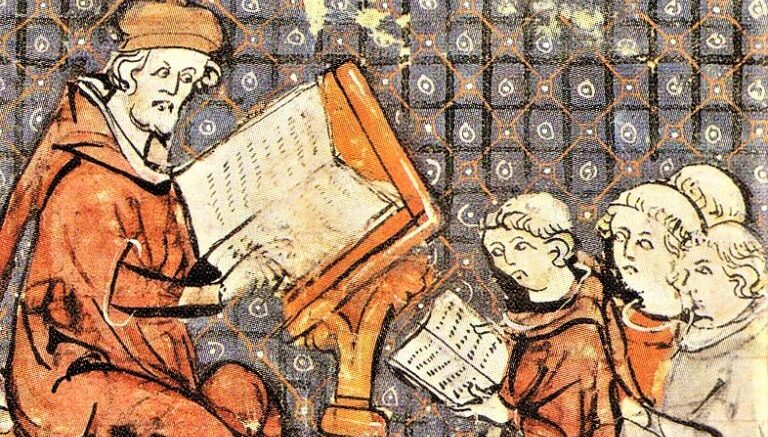https://hbcc.thrivecart.com/scholasticism/
In a bid to unravel the intellectual tapestry of the Renaissance era, the New Life School of Theology has unveiled a cutting-edge online course titled “Scholasticism and Humanism: A Journey through the Renaissance.” This immersive program invites students to explore the pivotal movements that shaped the intellectual landscape during this transformative period.
The Renaissance, spanning roughly from the 14th to the 17th century, witnessed a profound revival of interest in classical learning, art, and humanistic philosophy. The course, led by renowned historian and theologian Professor Elizabeth Thornton, promises to be a virtual gateway into the intellectual ferment that defined this era.
“At the New Life School of Theology, we believe in offering courses that not only inform but also inspire a deep understanding of the historical and intellectual contexts that have shaped our world,” said Professor Thornton. “The Renaissance was a time of remarkable cultural and philosophical shifts, and this course aims to illuminate the intricate interplay between Scholasticism and Humanism during that era.”
The online course will delve into key figures and events integral to the Renaissance, providing students with a comprehensive understanding of the period’s intellectual currents. Central to the discussion will be the contrasting philosophies of Scholasticism and Humanism, which played crucial roles in shaping the Renaissance mindset.
One prominent figure to be explored is Desiderius Erasmus, the Dutch humanist whose writings laid the groundwork for a humanistic approach to theology. Erasmus’s “In Praise of Folly” will be a focal point, examining how his critiques of institutionalized practices influenced the intellectual climate of the time.
In the realm of Scholasticism, the course will scrutinize the works of Thomas Aquinas, whose synthesis of Christian theology with Aristotelian philosophy left an indelible mark on scholastic thought. The “Summa Theologica” will be dissected, shedding light on Aquinas’s intricate exploration of reason and faith.
The cultural and intellectual vibrancy of the Renaissance will be further explored through case studies of groundbreaking events such as the Council of Florence and the invention of the printing press by Johannes Gutenberg. These events are considered catalysts for the dissemination of knowledge and the flourishing of humanistic ideals.
To make the online learning experience more engaging, the course incorporates multimedia resources, interactive discussions, and virtual study groups. Students will have the opportunity to engage with primary texts, artistic works, and historical documents that capture the essence of the Renaissance.
“Understanding the Renaissance is essential for anyone interested in the roots of modern thought, art, and theology. Our online course is designed to be accessible and enlightening, offering a journey through a period that continues to shape the way we perceive the world,” Professor Thornton emphasized.
As the virtual classrooms of the New Life School of Theology open their doors to students worldwide, the “Scholasticism and Humanism: A Journey through the Renaissance” course is poised to be a captivating exploration of a pivotal era that bridged the gap between the medieval and modern worlds. Enrollees are invited to embark on a transformative educational experience that promises to unveil the intellectual wonders of the Renaissance.

Be the first to comment on "Unlocking the Renaissance: New Life School of Theology Launches Online Course on Scholasticism and Humanism"